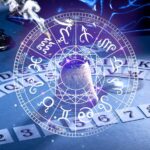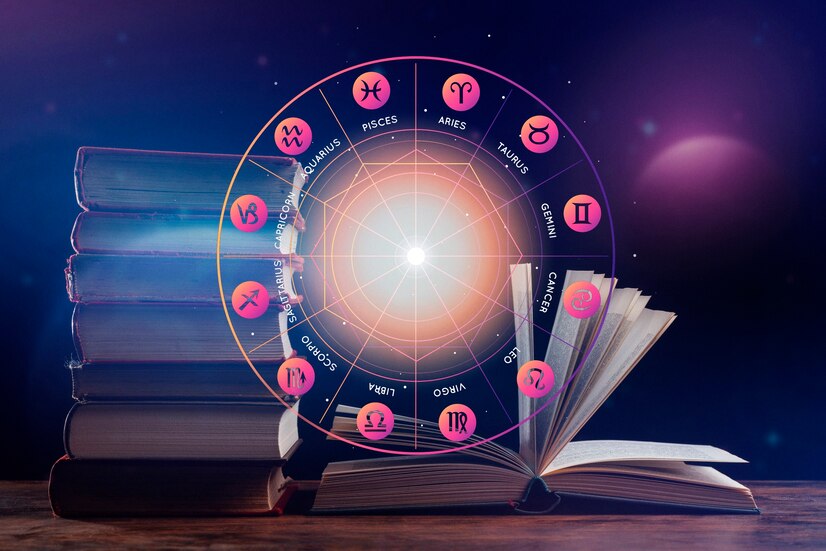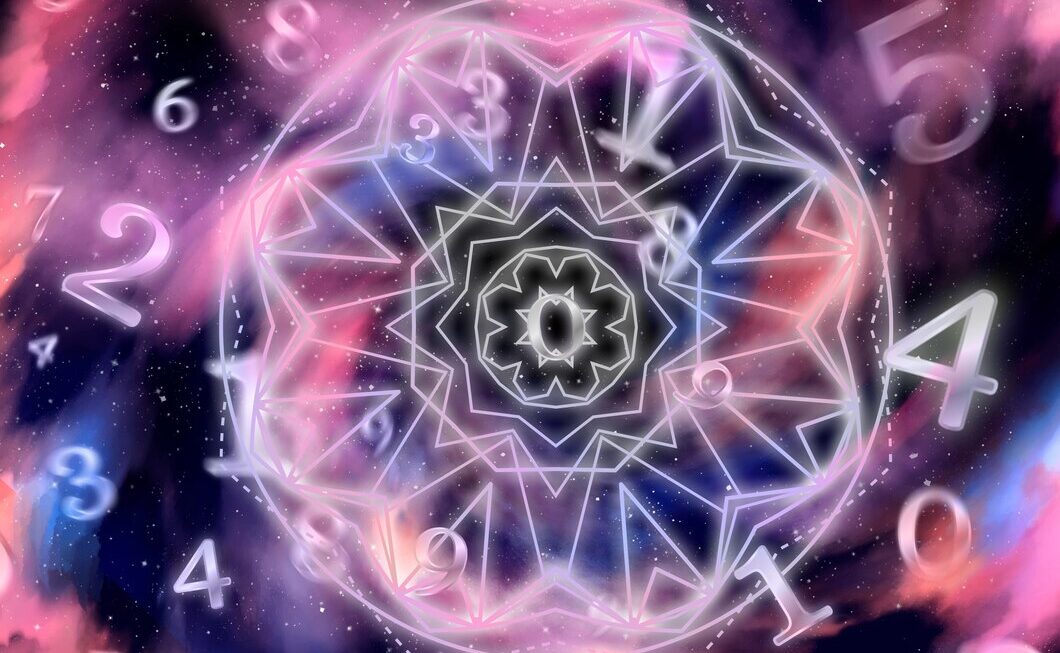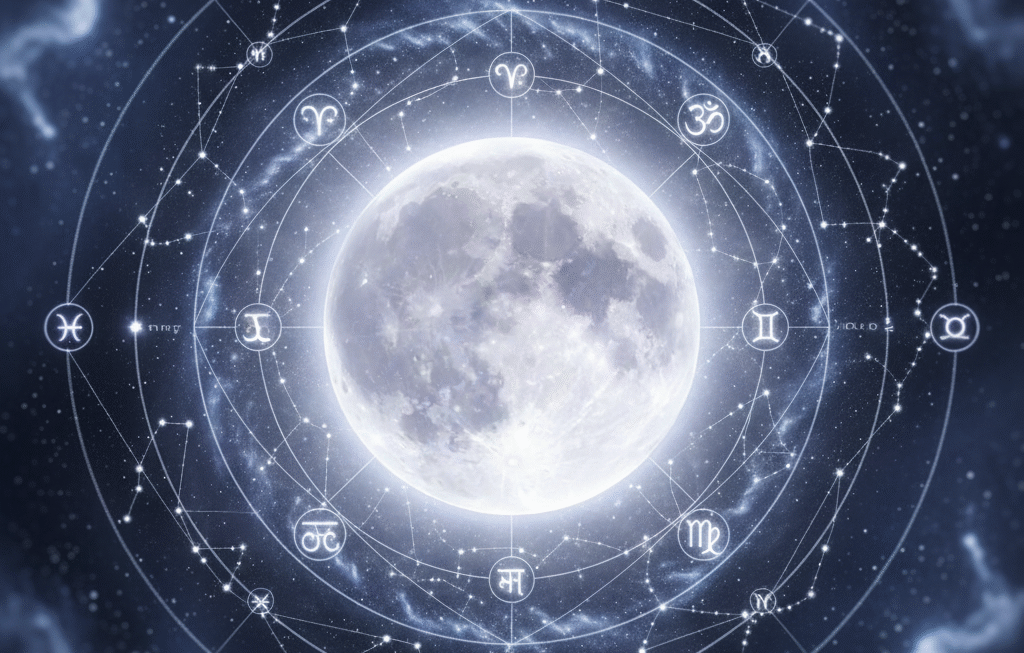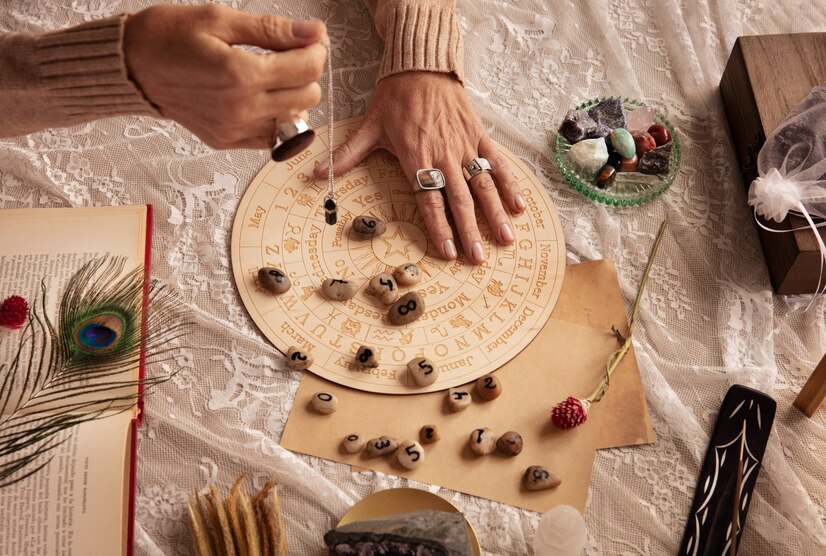This analysis illuminates the multifaceted nature of Budha (Mercury) in Jyotish (Vedic Astrology). We explore the Budha Sign Meaning (equivalent to Mercury Sign Meaning) through the lenses of traditional scripture, contemporary understanding, the student’s path, and practical application. As the Graha governing Buddhi (intellect), Vaani (speech), learning, and commerce, Budha acts as the swift messenger and analyzer of the zodiac. Understanding your natal Budha’s Rashi (Sidereal Sign), Bhava (House), strength, and associations (like Planetary Rulers Mercury – Budha ruling Mithuna/Gemini & Kanya/Virgo) reveals your unique Astrology Communication Styles and Thinking Process Astrology within the Vedic framework. We also touch upon Mercury Retrograde Explained (Vakri Budha).
LENS 1: Traditional Foundation (The Traditional Jyotishi’s View)
Key Findings: Traditionally, Budha is the intelligent, youthful, adaptable, and somewhat neutral Graha, known as the ‘Yuvaraja’ (prince). It represents intellect (Buddhi), communication, education, mathematics, astrology, writing, commerce, dexterity, and humor. Its condition significantly impacts learning capacity, analytical skill, and success in trade or fields requiring detailed knowledge. Budha takes on the nature of the planets it associates with.
Detailed Analysis:
Classical Jyotish assesses Budha’s strength meticulously: its Rashi (Uchcha/exalted in Virgo, Neecha/debilitated in Pisces, Swakshetra in Gemini/Virgo, Moolatrikona in Virgo), Bhava, aspects (Drishti) received, and its proximity to Surya (Sun). Combustion (being too close to the Sun) severely weakens Budha’s ability to function independently. A strong, well-placed Budha indicates sharp intellect, eloquence, learning ability, and skill in business. Afflictions can suggest issues with speech, learning, nervousness, or dishonesty, depending on the nature of the affliction.
- Technique Deep Dive: Budha Aditya Yoga: A highly regarded yoga formed when Budha and Surya are conjunct in specific houses (especially Kendras/Trikonas, avoiding combustion). It typically bestows high intelligence, skill in communication or mathematics, learning, and renown.
- Expert Insight (Traditional Source): “Budha grants intelligence, proficiency in arts and sciences, skill in speech, readiness of wit, and success in trade and astrology.” – Paraphrased significations from classical texts like Brihat Parashara Hora Shastra.
- Hidden Wisdom: Budha’s Neutrality: Budha is considered ‘saumya’ (gentle/neutral) but highly impressionable. Its results depend heavily on whether it associates with benefic Grahas (like Jupiter, Venus) or malefic Grahas (like Saturn, Mars, Rahu/Ketu), significantly coloring its expression.
- Astrological Framework Map Suggestion: Diagram showing Budha’s rulerships (Gemini, Virgo), exaltation (Virgo), debilitation (Pisces). Highlight its Karaka status for intellect, speech, and the 4th/10th Bhavas (education/commerce nuances).
- Critical Considerations: Labeling Budha purely as ‘neutral’ can be misleading. Its inherent nature is analytical and communicative; the association merely modifies how this manifests. Combustion effects need careful judgment based on exact degrees.

LENS 2: Contemporary Interpretation Framework (The Modern Jyotishi’s Approach)
Key Findings: Contemporary Jyotish retains Budha’s core significations but explores them through the lens of modern cognitive functions, communication theories, and learning styles. Budha represents the processing mind, how we gather, analyze, categorize, and articulate information. The Budha Sign Meaning describes the style of our mental operations and Astrology Communication Styles.
Detailed Analysis:
The Rashi (Sidereal) placement of Budha details how we think and communicate – Budha in Mesha (Aries) is quick, direct, argumentative; Budha in Tula (Libra) seeks balanced, diplomatic expression; Budha in Meena (Pisces) is intuitive, imaginative, perhaps less linear. Bhava placement shows where this mental energy is primarily applied (e.g., 3rd Bhava: writing/media; 5th Bhava: intelligent creativity; 11th Bhava: networking/group communication). Thinking Process Astrology in Jyotish is deeply informed by Budha’s condition. Mercury Retrograde Explained (Vakri Budha) is seen as a time of altered, often internalized, mental processing, good for review but potentially challenging for initiating new communication-based projects.
- Technique Deep Dive: Budha’s Nakshatra Placement: Analyzing the specific Nakshatra occupied by Budha adds significant nuance to its functioning, revealing deeper motivations and qualities related to communication and intellect (e.g., Budha in Ashlesha Nakshatra might have a penetrating, psychologically astute mind).
- Expert Insight (Modern Jyotishi): “Budha is how your mind interfaces with the world. It’s your personal software for processing data, learning new skills, and expressing your thoughts. Its condition shows the efficiency and style of that software.” – Contemporary Jyotish Practitioner.
- Alternative Approaches: Linking Budha’s placement to specific learning styles (visual, auditory, kinesthetic) or communication preferences (direct, indirect, analytical, narrative) can provide practical insights for education and relationships.
- Astrological Framework Map Suggestion: A mind map radiating from Budha, connecting to ‘Intellect (Buddhi)’, ‘Communication (Vaani)’, ‘Learning’, ‘Analysis’, ‘Adaptability’, ‘Commerce’, ‘Siblings/Peers’, etc., with Rashi/Nakshatra keywords modifying the connections.
- Critical Considerations: Over-emphasizing Budha solely as ‘rational intellect’ ignores its capacity for intuition (especially in water signs/Nakshatras) and its connection to dexterity and humor. Its adaptability can sometimes be misinterpreted negatively as fickleness.
LENS 3: Learning Path Analysis (The Student’s Journey)
Key Findings: Students quickly grasp Budha’s association with communication and intellect. Key challenges include understanding its mutable nature (influenced by association), the specifics of combustion, exaltation/debilitation nuances (exalted in its own sign Virgo), and differentiating Budha’s ‘intellect’ from Guru’s ‘wisdom’ or Chandra’s ‘mind’. Understanding Vakri Budha (Retrograde) beyond popular hype is important.
Detailed Analysis:
Learning involves memorizing Budha’s rulerships, dignity points, and basic significations. Students practice identifying Astrology Communication Styles based on Budha’s Rashi (e.g., Vrishabha/Taurus Budha: practical, deliberate speech; Simha/Leo Budha: expressive, authoritative communication). Grasping the concept of combustion and how it impacts Budha’s function requires careful study of degrees relative to Surya. Mercury Retrograde Explained involves understanding the potential for internal reflection versus external communication challenges during that period, both natally and by transit.
- Real-World Application: Observing one’s own thinking patterns, learning preferences, and communication habits through the lens of their natal Budha. Analyzing the speech patterns and intellectual styles of others based on likely Budha placements.
- Student Question: “My Budha is Neecha (debilitated) in Pisces. Does that mean I’m not intelligent?” Answer: Absolutely not! Neecha Budha suggests thinking may be less linear, more intuitive, imaginative, or holistic, potentially less focused on minute details or logic compared to Uchcha Budha (Virgo). It indicates a different style of intelligence, often strong in creative or empathetic fields. Look for Neecha Bhanga (cancellation) and other factors.
- Expert Insight (Jyotish Student): “Understanding my Budha was combust made sense of why I sometimes struggle to articulate my thoughts clearly, even though I feel I understand things internally. It’s like the signal gets scrambled near the Sun!”
- Common Misconceptions vs. Reality: Misconception: Budha only rules intelligence (IQ). Reality: It rules intellect (processing ability), learning, communication, adaptability, commerce, humor, and dexterity. Misconception: Natal Budha retrograde means communication disability. Reality: It often indicates a reflective, non-linear thinking style, potentially very profound, not necessarily impaired communication. Getting the Budha Sign Meaning right requires nuance.

LENS 4: Practical Implementation (The Practical Application Expert’s Guidance)
Key Findings: Practical Jyotish utilizes Budha analysis to guide clients on education paths, career choices (especially in communication, tech, commerce, teaching), improving communication skills, optimizing learning, and navigating Budha retrograde periods consciously.
Detailed Analysis:
Consultants assess Budha’s strength, placement, and aspects to advise on suitable fields of study or work. A strong Budha might indicate success in writing, speaking, marketing, IT, or accounting. Afflictions might require strategies to improve focus or clarity. Understanding a client’s natal Thinking Process Astrology helps tailor advice. During Vakri Budha transits, practical advice focuses on review, revision, reconnecting (the ‘Re’ theme), and being cautious with new agreements or tech purchases.
- Real-World Application: Choosing study techniques aligned with Budha’s placement (e.g., group discussion for Gemini Budha, quiet research for Virgo Budha). Selecting careers leveraging Budha’s strengths. Practicing mindful communication. Using Budha retrograde for editing or reflection rather than launching new projects.
- Technique Deep Dive: Budha in Divisional Charts (Vargas): Analyzing Budha’s position in Vargas like the D24 (Siddhamsa – for learning) or D10 (Dasamsa – for career) provides specific insights into its function in those life areas.
- Expert Insight (Jyotish Consultant): “Budha is key for navigating the information age. By understanding its placement in a client’s chart, I can help them sharpen their communication, learn effectively, and make informed choices in education and commerce.”
- Practical Tip: Note the Bhava containing your natal Budha. This area of life will be where your intellect is most active, where you communicate frequently, and where much of your learning occurs. Engage consciously with this Bhava’s themes.
- Step-by-Step Image Suggestion: Infographic: 1. Identify Your Budha Rashi (e.g., Kanya/Virgo). 2. Note its Communication Style Keyword (e.g., Analytical/Detailed). 3. Tip for Enhancement (e.g., Structure thoughts logically, value precision).

PERSPECTIVE INTEGRATION MATRIX
| Feature | Traditional View | Contemporary View | Student Focus | Practical Use | Integration Point |
| Core Role | Intellect,Speech, Commerce | Mental Processing, Info Exchange | Learning Rulerships/Dignities | Communication/Learning Guidance | Understanding processing style (contemp) helps apply communication tips (practical). |
| Keywords | Buddhi, Vaani, Trade, Youth | Analysis, Networking, Skills | Combustion/Retrograde Rules | Career/Education Choice, Retro Tips | Awareness of style/rules (student) informs practical choices & retrograde navigation (practical). |
| Strength | Dignity, Combustion, Assoc. | Clarity, Adaptability, Function | Uchcha/Neecha, Vargottama | Assess Skillset, Identify Needs | Assessing function (contemp) relies on traditional dignity/combustion rules (trad/student). |
| Application | Judge Learning/Trade Success | Understand Cognitive Style | Differentiate from other Grahas | Optimize Communication/Learning | Understanding style (contemp) allows optimization for success (practical/trad). |
MISCONCEPTION ANALYSIS
| Common Belief | Jyotish Reality |
| Budha retrograde causes universal chaos. | It primarily impacts areas ruled by Budha (communication, tech, travel, commerce) and suggests a period for review/reflection. Effects are individualized. |
| Budha is always ‘good’ or ‘benefic’. | Budha is neutral and adaptable; its effects become benefic or malefic based on its sign placement, house, and association with other Grahas. |
| Budha in exaltation (Virgo) guarantees genius. | Uchcha Budha indicates high potential for analytical intelligence and communication skill, but realization depends on the entire chart and effort. |
| Budha only rules verbal communication. | It rules all forms: written, digital, non-verbal cues (influenced by association), analysis, data processing, learning, and dexterity. |
KEY DEVELOPMENTS & FUTURE DIRECTIONS (Evolution Timeline)
- Classical Period: Budha’s core significations, rulerships, dignities, and yogas (like Budha Aditya) clearly defined in foundational texts.
- Medieval Period: Further elaboration on Budha’s role in specific fields like astrology, mathematics, and medicine.
- Modern Period: Increased exploration of Budha’s psychological correlates – cognitive styles, learning disabilities/gifts, communication patterns in relationships.
- Contemporary: Analysis of Budha in context of information technology, global commerce, social media. Deeper integration of Nakshatra analysis for Budha’s function. Software allows precise calculation of combustion, Vakri status, and Varga placements.
- Future: Potential integration with neuroscience findings on learning and communication, more nuanced understanding of Budha retrograde effects, further exploration of Budha’s role in specialized skills and emerging technologies.
SYNTHESIS & RECOMMENDATIONS (Celestial Integration)
Budha is the dynamic processor and communicator within your Jyotish chart. Integrating perspectives means understanding its traditional roles (Traditional), appreciating its function in modern cognition and communication (Contemporary), mastering its specific rules and nuances (Student), and applying this knowledge for effective learning, expression, and navigation (Practical). Harmonizing with your Budha involves embracing your unique intellectual style and communicating with clarity and awareness.
Recommendations:
- Identify Your Budha Placement: Note its Rashi (Sidereal), Bhava, and Nakshatra.
- Assess Budha’s Condition: Check its dignity (exalted, own sign, debilitated), combustion status, and aspects (Drishti) received.
- Note Associations: See which other Grahas aspect or conjunct Budha, as they strongly influence it.
- Reflect on Your Style: Consider how Budha’s placement aligns with your natural communication, thinking, and learning preferences.
- Be Mindful During Retrograde: Use Vakri Budha transits for review, research, and reflection; exercise caution with new contracts or important communications.
- Engage Budha Consciously: Practice clear communication, engage in learning, and utilize your analytical skills intentionally.
FURTHER AREAS OF STUDY
- Shukra (Venus) in Jyotish (Budha’s planetary friend)
- Guru (Jupiter) in Jyotish (Intellect vs. Wisdom)
- Bhavas (Houses) in Jyotish (esp. 3rd, 4th, 5th, 6th, 10th)
- Introduction to Nakshatras (for Budha’s Nakshatra)
- Combustion Explained in Vedic Astrology
- Budha Aditya Yoga and other Budha-related Yogas







